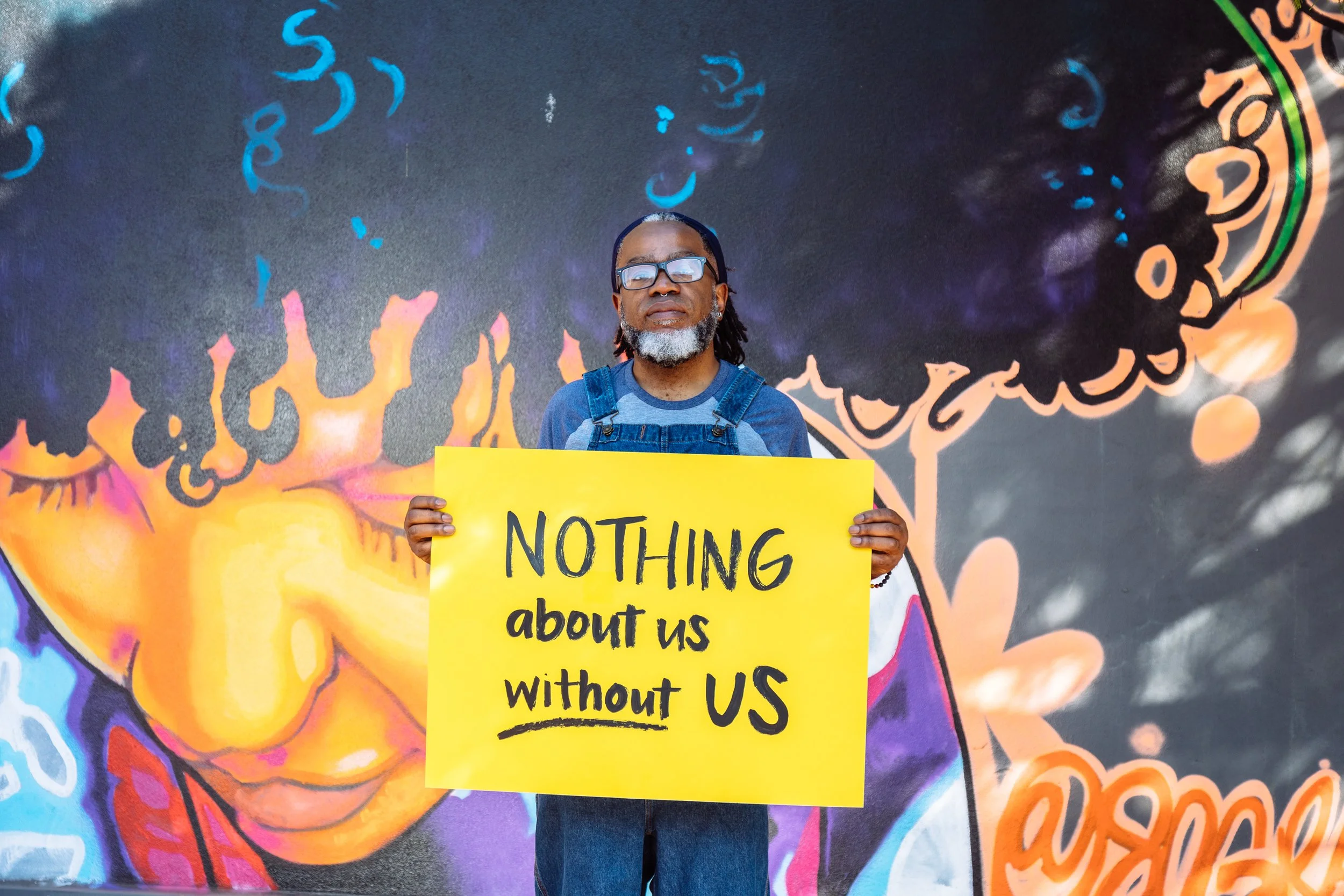
Grief Literacy Services
Grief Literacy Trainings: Levels 1 & 2
Organizationial and Professional Consultation
Key-note Speaking Engagements
Grief and loss are universal human experiences.
Grief is not a response to death, but rather our whole beings’ involuntary response to loss (physical, emotional, mental, social, spiritual, and sexual). Our experiences of loss can take many forms including, but not limited to, the loss of a loved one; the loss of one’s health, mobility, or capacity; the loss of access to resources including housing, food security, healthcare etc. When our grief and loss go both unacknowledged and unsupported, it can impair our ability to cope. This can then negatively impact our relationships, decrease our job performance and increase our risk for poor health outcomes.
Grief Literacy Trainings
Grief Literacy trainings are designed to provide a comprehensive understanding of grief and loss including an increase in practical skills, a broadening of grief related language and vocabulary, and an improved ability to navigate the complex landscape of grief and loss, including practical skills for supporting individuals. The workshops are inclusive of both death-related and non-death-related losses. These informative sessions give participants the insight and ability to be with other’s grief by encouraging participants to engage critically with their own histories of loss via a series of experiential exercises.

Often when loss arrives – whether at home or at work- we turn to professionals to seek out guidance, advice, and counsel. What most of us don’t realize is that grief and loss fails to be a mandatory component of any medical, nursing, social work, or mental health curriculum. At no fault of their own, the very experts we turn to are often ill-equipped to offer the support we need most. Grief Literacy Training is designed to provide you and your organization with the language, skill, and route map needed to navigate the unpredictable terrain of grief and loss.
Significant loss can result in a grief response that can impair people’s ability to work and increase the risk of workplace injury. In the United States, the productivity losses of all of these sources of grief combined cost companies over $75 billion in 2003. A grief-literate work culture/environment can increase employee retention, resiliency, capacity to be with and support one another as a larger team and increase company performance through improved employee productivity. As a result, more companies recognize the importance of supporting bereaved workers and are making significant changes to their employee benefits.
-
Two separate 3-hour trainings which include online presentations as well as a formal Q+A, experiential learning, exercises and worksheets. Trainings include, but are not limited to, the following topics and themes:
* A Comprehensive Exploration of Grief and Loss * Common Myths and Misconceptions * Impacts of Grief * The Metabolization of Grief * Tangible vs. Intangible Losses * Critique of Prevalent Self-Care Models * Diversity in Grief Responses * Styles of Coping * Intuitive vs. Instrumental Grievers * Grief as Chronological Age*
-
Previous organizations and professionals that have accessed grief literacy training include hospices, hospitals, schools, social workers and health care workers, non-profits and 2LGBTQIA+ community centers, court workers and religious communities, olympians and community Covid-19 response support teams. Grief is a human experience, and grief literacy training has a place in organizations and communities both small and large.
-
Participants will learn the language and vocabulary of grief literacy. They will experience an increase in their level of competency and skill in order to be more supportive of their colleagues and community members who are living with experiences of loss. The advantages of staff or community-wide training include increased team trust, a deeper sense of connection, an improved understanding of differences, and a more humane interpersonal culture.
because grief is not optional
I aim to decrease the harm and isolation that is so often associated with being bereaved.
I want to challenge and dismantle some of the most commonly held myths and misconceptions about grief. I want to share language and offer skills to support you in recognizing and honoring your own grief, and the grief of those around you. If you are a professional who feels as though there is a knowledge and skill gap in your training, or a colleague who doesn’t know what to say, or an organization that wants both your employees and clients to feel supported and seen in their experiences of loss, reach out and let’s step into the learning together.

Grief Literacy Trainings
and Certifcate Program
For Individuals
Level 1 & 2
Fall of 2025
Organizationial and
Professional
Consultation
Key-note
Speaking
Engagements
Grief literacy training may not be exactly what you are looking for right now. Rachelle Bensoussan is also available to companies and organizations for keynote speaking presentations, educational seminars, and interactive workshops to provide a deeper understanding of grief and loss. She will work directly with your organization to ensure a customized experience that meets your unique needs.




